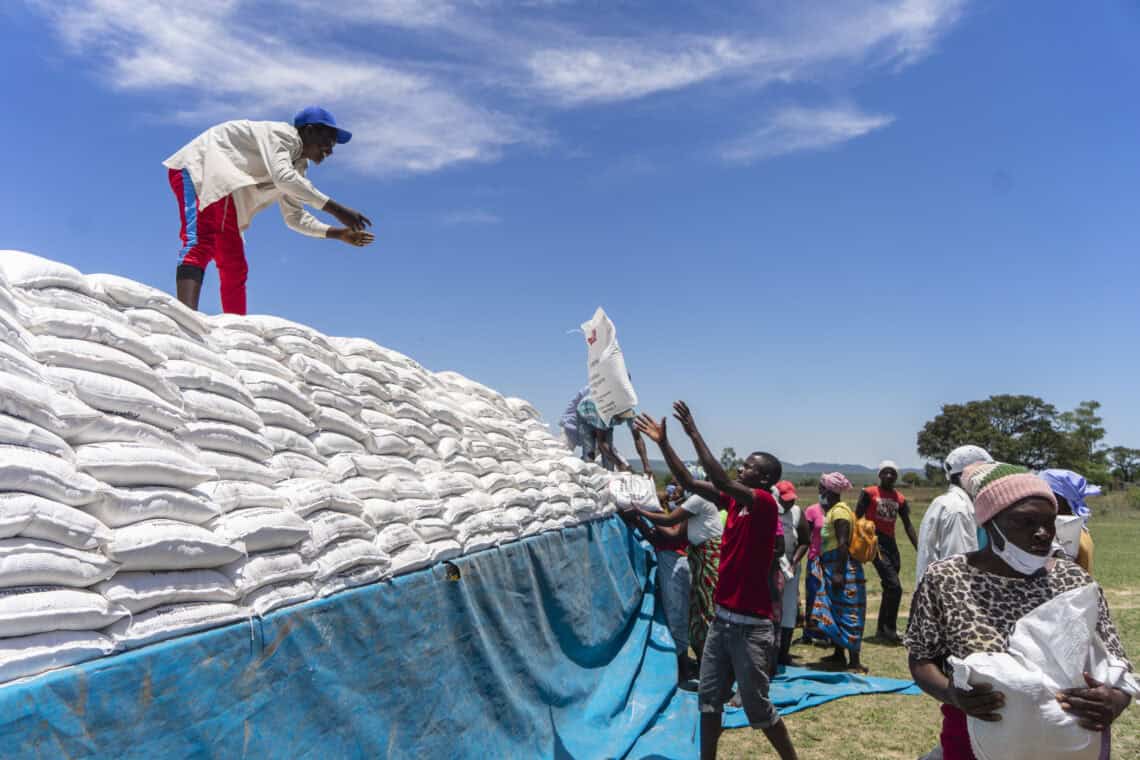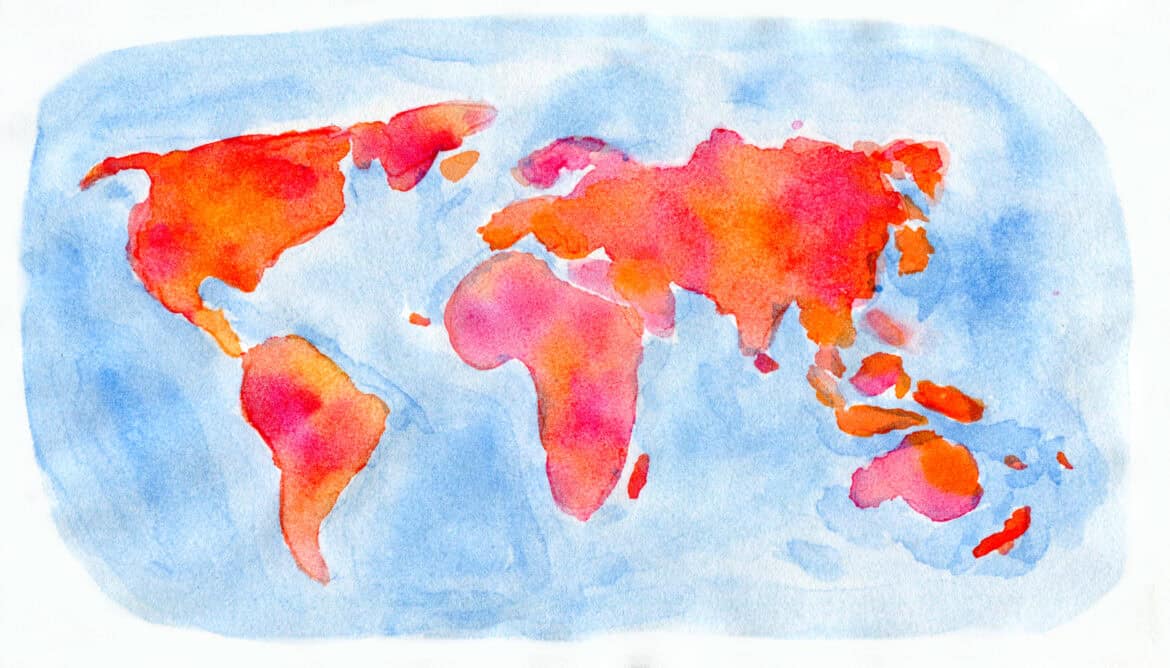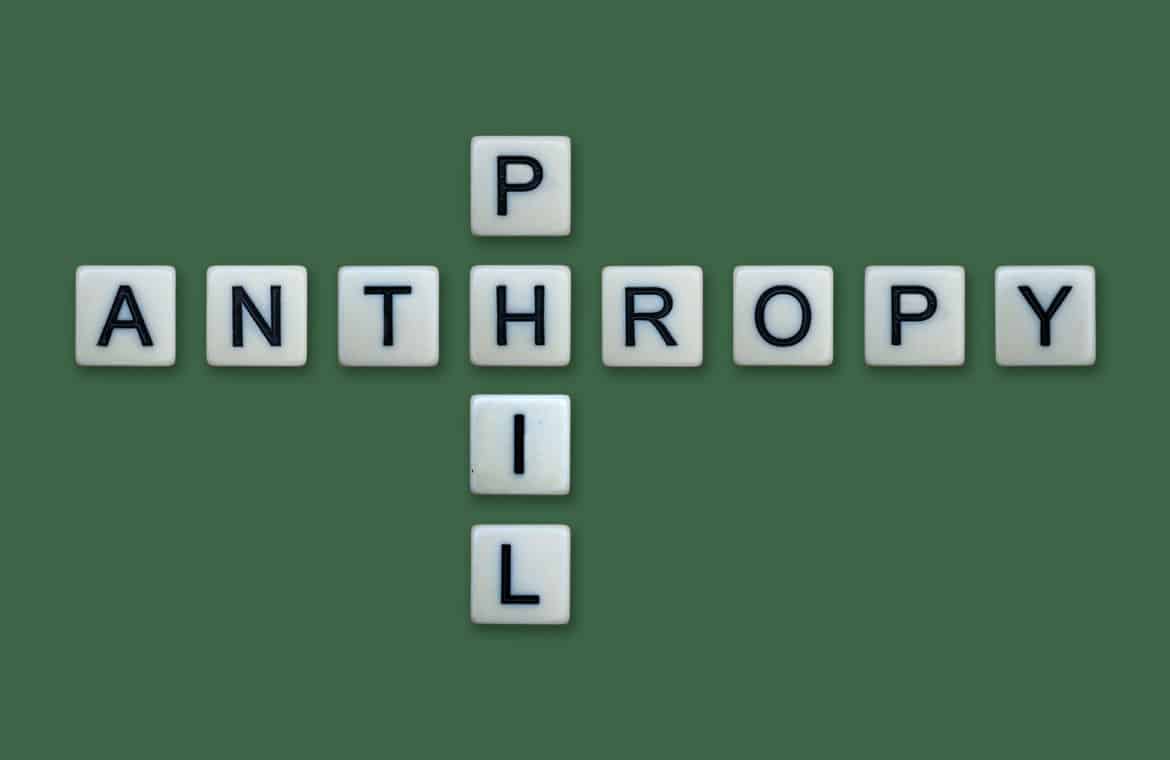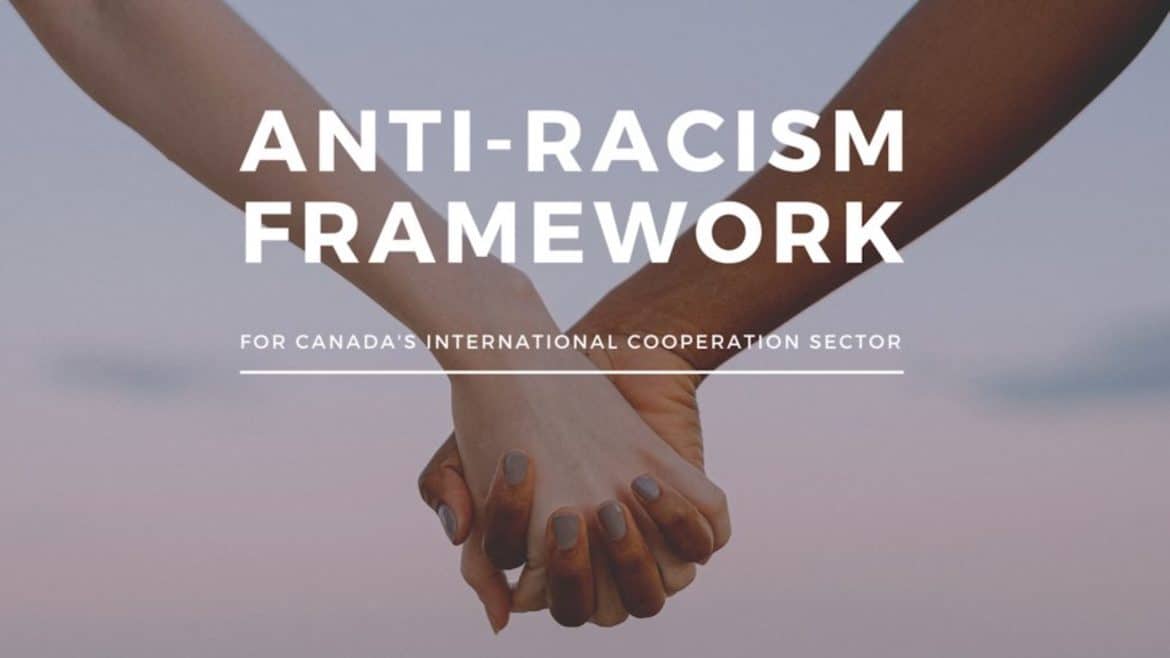Foreign aid isn’t optional – it’s infrastructure
We often frame international aid as charity, a nice-to-have when the books balance, Plan Canada’s Lindsay Glassco writes. But in a deeply connected world, shaped by conflict, climate, and contagion, investing in resilience elsewhere is a strategic way to reinforce it here.







